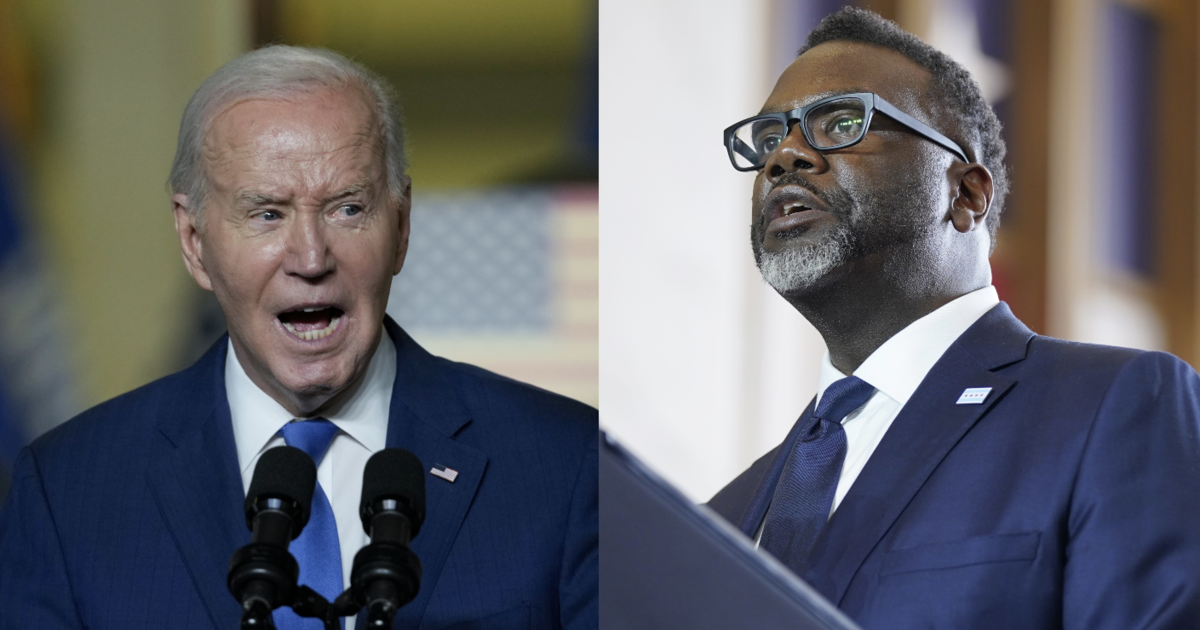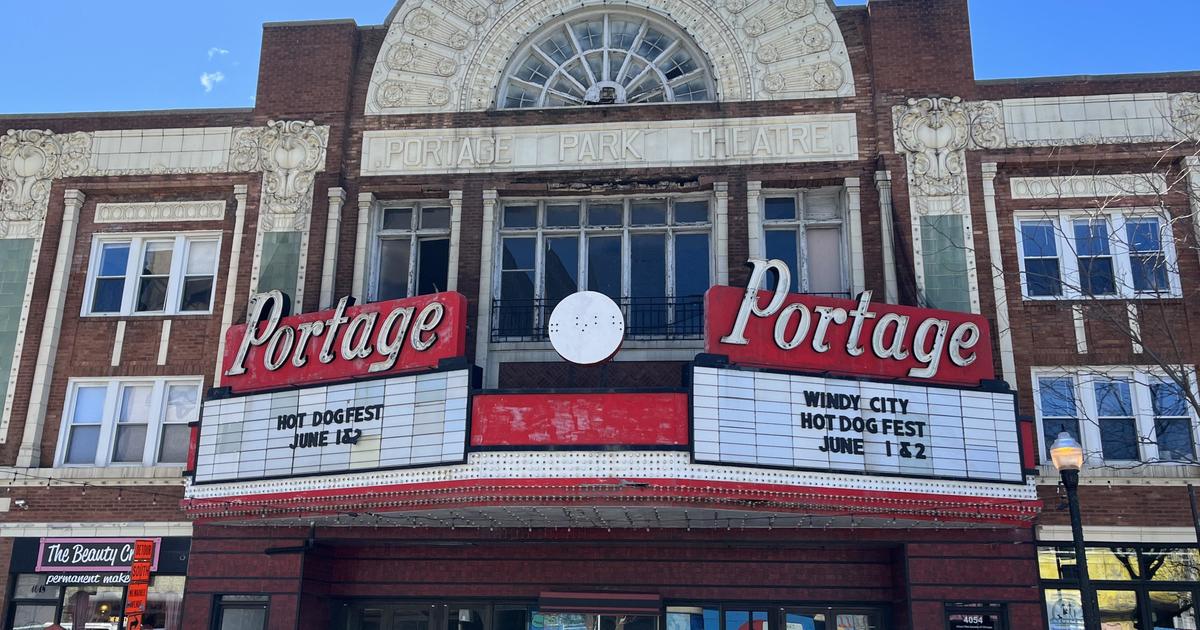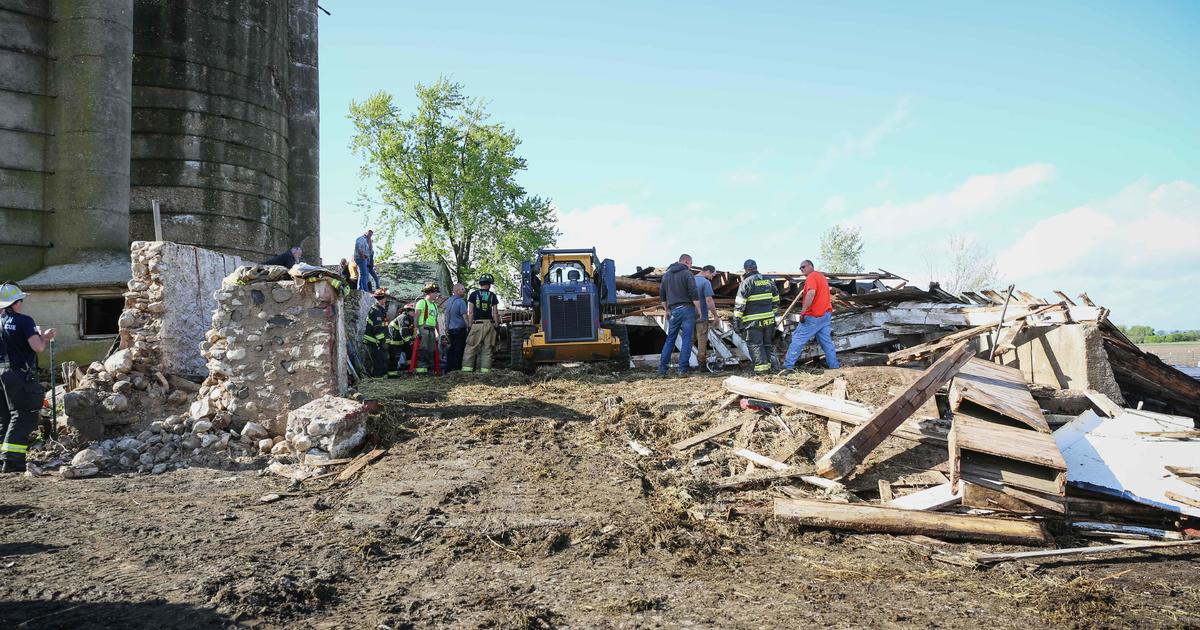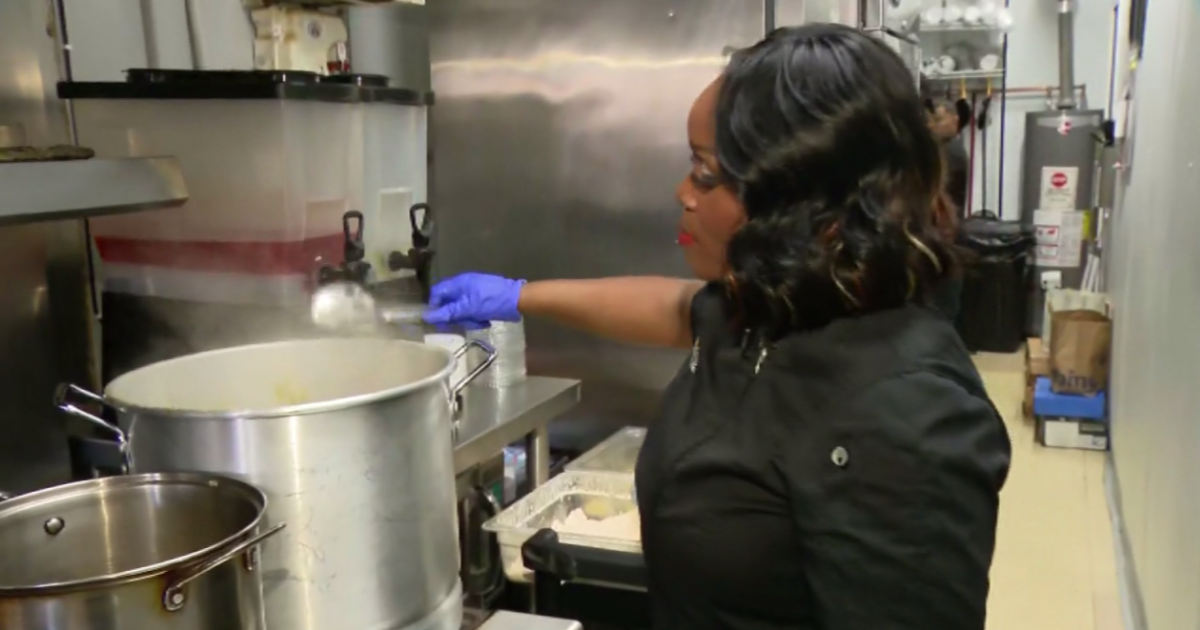House Property-Tax Freeze Fails; Rauner Says It's Not Enough
SPRINGFIELD, Ill. (AP) — Democrats in the Illinois General Assembly and Gov. Bruce Rauner spent Tuesday talking about the same issue — relief from increasing local property taxes — but they talked past each other in a continuing deadlock over a state spending plan due by June 30.
The Legislature returned for a second day of overtime work and teed up proposals to freeze the amount of property taxes local governments can collect, suggesting they're identical to what the Republican governor wants, but Rauner denounced the plan as falling short of reform he says is necessary to change the business and political environments in Illinois.
It didn't matter anyway. The House voted down both proposals, with the closest fell 30 votes short of the 71 needed.
The first-term governor wants changes ranging from reducing business costs on insurance to cover injured workers to term limits to curtail politicians' power before he'll negotiate on a state budget. Entrenched legislative Democrats resisted those proposals all spring but adopted a budget they say covers vital services but which falls short of revenue by as much as $4 billion.
The Democrats see their property tax offering — and one last week on workers' compensation — as efforts at compromise. Rauner says he's compromised too, reducing his "turnaround agenda" to five points, with fair legislative remapping and restrictions on civil-liability lawsuits rounding out the plan.
"They've refused to have real negotiations on specific issues in those five bills," Rauner told reporters outside the Executive Mansion as the House debated the tax measure.
Marengo Democratic Rep. Jack Franks' plan would freeze at 2015 levels the amount of property taxes that a local government can collect. If City Hall or a park board wants more, they have to ask voters.
That's Rauner's premise. But his initiative would allow governments to prohibit discussion of certain issues in union negotiations over contracts, such as health insurance benefits or setting staffing levels for certain positions. He also wants to exempt local governments from having to pay laborers on construction projects the "prevailing wage," set by state law, which he says is often a union scale and most workers aren't union members.
Asked why he won't accept the stand-alone tax freeze, take credit, and continue working on the tangential issues, the governor rejected the idea as an ultimately hurtful victory.
"That's how we get in the mess we're in," Rauner said. "We can't afford to nibble around the edges with very, very, minor, short-term things that don't change the long-term trajectory of the state and then declare victory. That would be a failure of the people of Illinois."
House Speaker Michael Madigan, the Chicago Democrat whom Rauner again Tuesday labeled an insider profiting through private legal work from government, reiterated his response to the Rauner agenda: "The solution to that lies in moderation."
"Both Democrats and Republicans in the Legislature view these issues as reducing the wage levels of workers in the state and reducing the standard of living for people in the state," Madigan said.
In response to the governor, Madigan said his law firm works on correcting errors in property-value assessments and that he enforces strict ethical conduct.
Franks, a long-term Democrat from conservative suburbs northwest of Chicago keen on stemming the pinch of rising taxes despite a recent history of falling home values, was flummoxed by the lack of support.
"We can't put everything on one bill," Franks said. "It's not the whole thing, but it's a very critical portion of how we help our taxpayers."
Republicans jeered during floor debate, lamenting "wasted time" on legislation that won't make the grade.
"This isn't the monster. The monster is the budget you passed last month," said House Republican Leader Jim Durkin of Western Springs, urging a return to the bargaining table.
The Senate met as a committee-of-the-whole Tuesday hearing testimony on the impact of property taxes on local governments and school districts. Both chambers plan to be in session the last three Tuesdays in June.
(TM and © Copyright 2015 The Associated Press. All Rights Reserved. This material may not be published, broadcast, rewritten or redistributed.)



